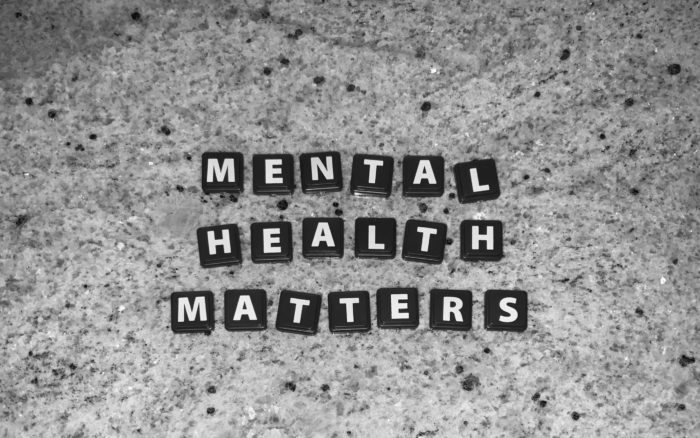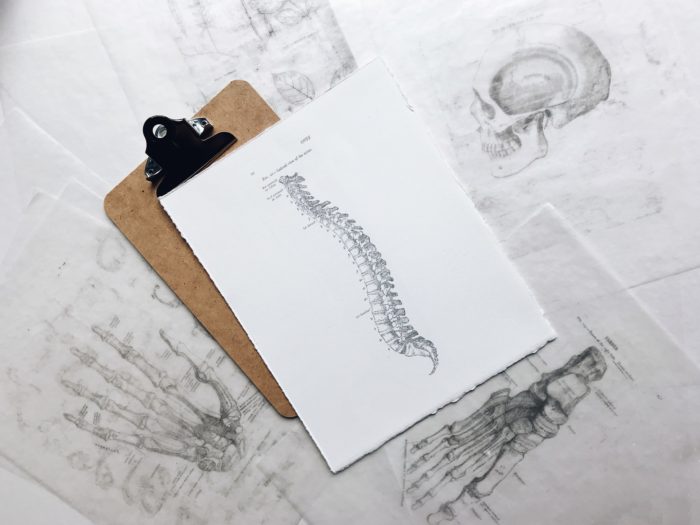National Opioid Crisis Expert, Dynamic Speaker And Author, Dr. John Rosa Presents Statistics That Show The Mental Health Of The Nation Is Declining.
Dr. John P. Rosa, opioid crisis expert, author and dynamic speaker writes about the dramatic and consistent rise in deaths of despair through every age group and calls for urgently needed attention to address the issues that give rise to despair.
ROCKVILLE, MD. May 27, 2021: Dr. John Rosa, dynamic speaker, national opioid crises expert, and co-author of The Recipe for Success with Jack Canfield, posted a new article on his website entitled, “More And More People Are Dying As A Result Of Diseases Of Despair,” in which Dr. Rosa highlights the fact that diseases of despair are ultimately mental health diseases .
Dr. Rosa writes, “As Mental Health Awareness Month comes to a close, I invite you to take into consideration that diseases of despair are killing more and more Americans in every age group each year.” He goes on to add, “Drug overdoses, alcoholism and suicide are among the most common diseases of despair. Not only are more people dying from “diseases of despair”, the life expectancy of men is going down dramatically as a result. According to the National Center for Health Statistics, in 2019, the life expectancy for American men “dropped for a third consecutive year.” They cited the “diseases of despair” as the reason for that increase.” https://www.cbsnews.com/news/life-expectancy-for-american-men-drops-for-a-third-year/
“You may find the term ‘disease of despair’ unusual,” says Dr. Rosa adding, “but let’s take a closer look. For starters, despair is defined as “the feeling that there is no hope and that you can do nothing to improve a difficult or worrying situation.” According to some sources, the formal category of ‘disease of despair’ refers to people who don’t just feel down, but actively seek out medical care for suicidal thoughts and substance abuse. But,” he emphasizes, “not everyone who suffers seeks medical care.”
According to Dr. Rosa, “Without question, we have already seen that the COVID-19 pandemic has dramatically increased feelings of despair throughout society.” He invites readers to, “bear this in mind as I review the results of a recent study in the peer-reviewed open access medical journal BMJ Open.” https://bmjopen.bmj.com/content/10/10/e037679
“At the outset of the study in 2008,” Dr. Rosa states, “about 54% of the participants were diagnosed with an alcohol-related disorder, more than 44% were diagnosed with a substance-related disorder and more than 16% were diagnosed with suicidal thoughts/behaviors.” He adds, “Between 2009 and 2018, the rates of diagnoses of “diseases of despair” increased by 68%; the rate of alcohol-related diagnoses increased by 37%; substance related-diagnoses increased by 94%; and suicide-related diagnoses increased by 170%.”
Dr. Rosa provides many more statistics and in conclusion adds, “Let us keep the mental health of our nation uppermost in our minds as we continue our efforts to recover from the pandemic.”
Read the entire article at http://glt.kji.mybluehost.me/more-and-more-people-are-dying-as-a-result-of-diseases-of-despair/
About John P. Rosa
Dr. John Rosa owns and supervises Accessible Beltway Clinics, which is comprised of 17 clinics in Maryland and Virginia that sees over 60,000 patient visits per year. ABC Clinics combine medicine, chiropractic, physical therapy, acupuncture and behavioral medicine to give a comprehensive multidisciplinary approach to pain syndromes and musculoskeletal disorders. Active in sports medicine with consulting/treating athletes in several universities, NBA, MLB, NHL and USA Olympic Basketball. Creator of 24/7 RnR an FDA approved analgesic cream; a proprietary blend of the most potent materials resulting in the most effective product on the market for pain Relief and aiding Recovery. Founder of Accessible Wellness Solutions – an onsite corporate wellness program offering consulting, lectures and management of onsite clinics.
Leader in Chiropractic
Trustee of New York Chiropractic College for over 15 years serving final 3-year term as Chairman of the Board and given the honor or Board Emeritus post service. Awarded the highest recognitions in Chiropractic Medicine as Fellow of the American Chiropractic Colleges and Fellow of the International Chiropractic Colleges.
Integrative Medicine Specialist:
- Current Vice Chair of the Board to Maryland University of Integrative Health
- Consultant on Integrative Medicine to hospital cancer center
- Reduced opioid prescriptions by 70% by integrating Chiropractic, physical therapy and behavioral medicine in a primary care setting
- Expert/Speaker – Educating medical community on the Integrative Medicine approach to treating pain
Opioid Crisis Expert:
- White House Surrogate
- Law Enforcement Consultant (Homeland Security, CBP, DOJ, DEA and Postal)
- State and National Consultant to Opioid Task Forces
- Corporate and professional organization consultant
- Best selling author
Community Leadership:
- Board member of the National Italian American Foundation
- Founder of “Overdose Free America” a nonprofit 501c which uses the power of celebrity and entertainment to bring the Opioid Crisis the visibility and support it deserves
- Volunteer at Crossroads Freedom Center – a residential facility in Maryland to help overcome addiction
###





